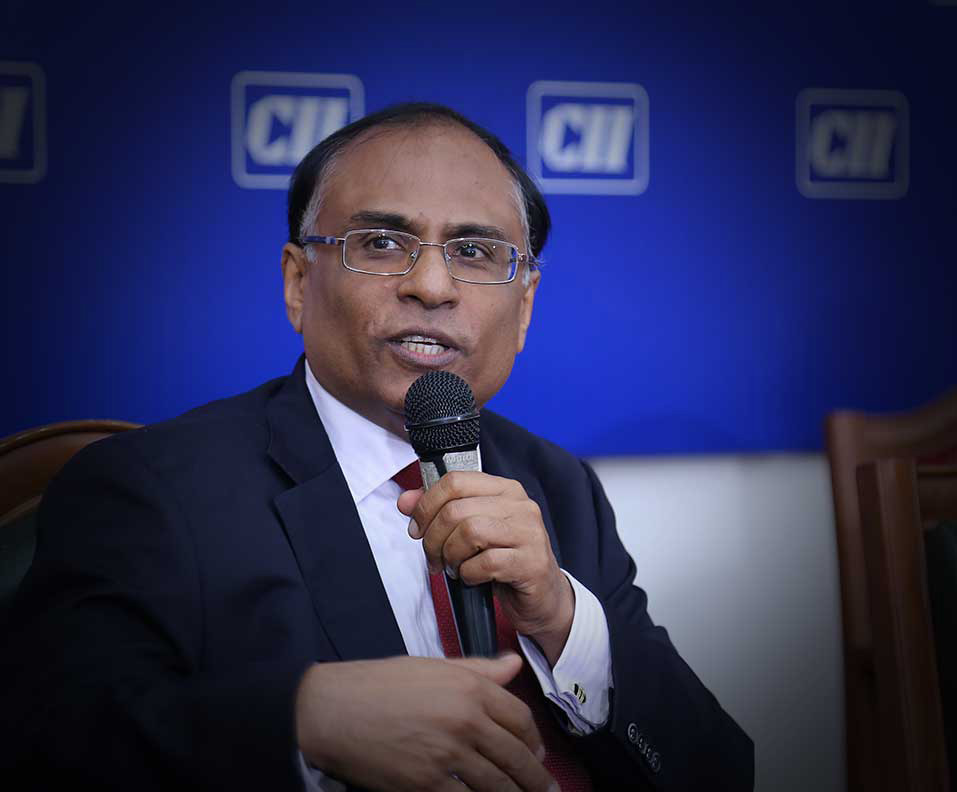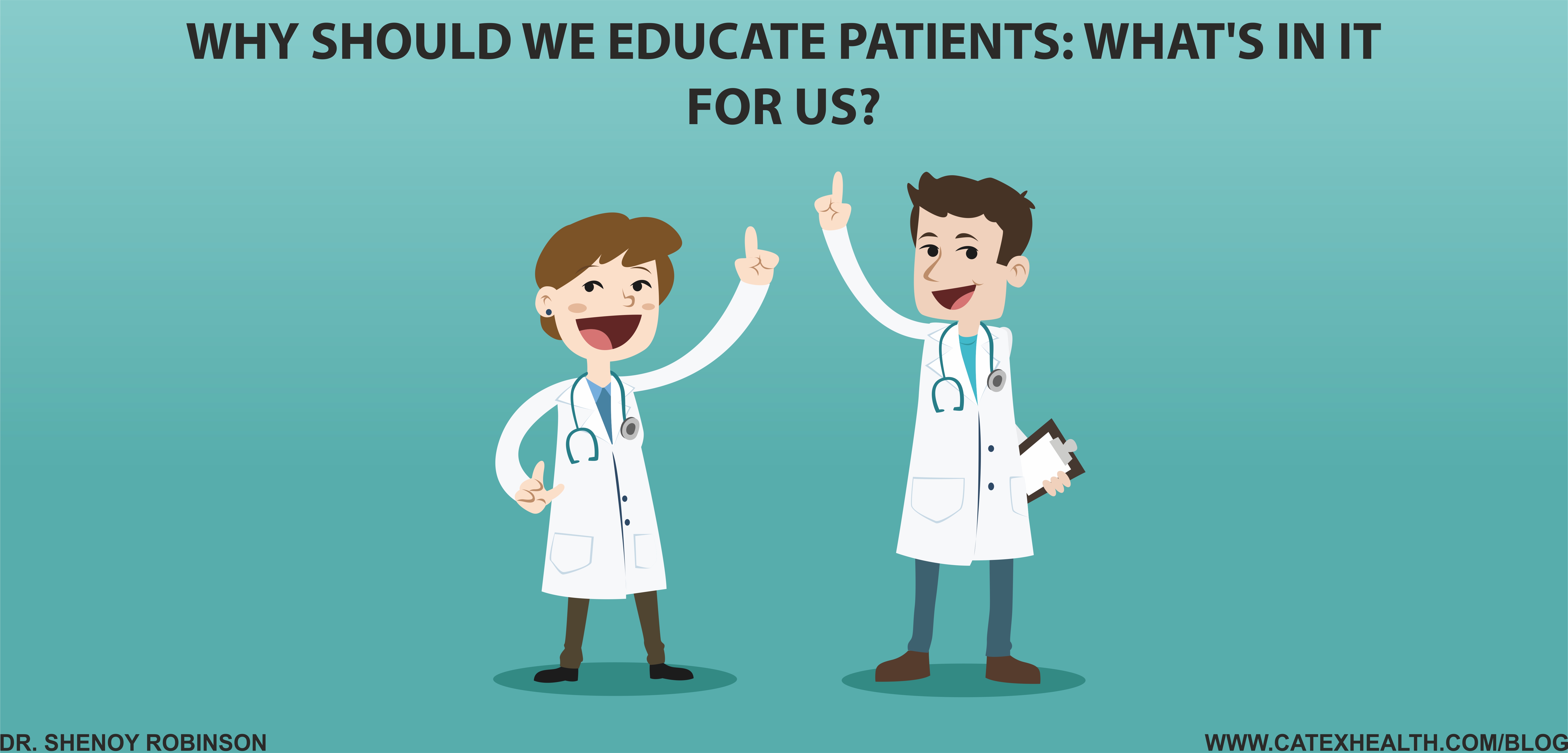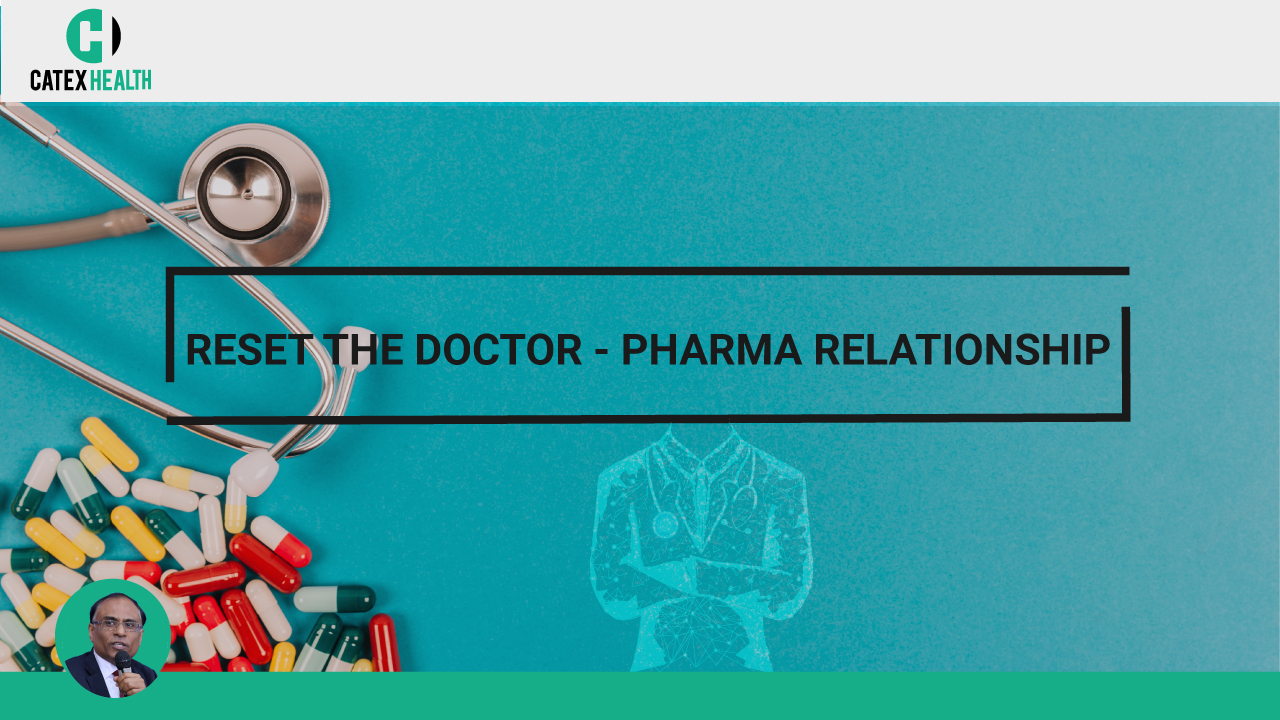My colleagues in the medical fraternity today are concerned, upset and even angry at the charged environment in the healthcare delivery sector today. There is a sense of great betrayal and helplessness as we grapple with the increasing incidence of patient dissatisfaction, hostility (even violence), a biased media and an intrusive and aggressive establishment. It feels as if the whole world is conspiring against us. Some of us have even gone to the extent of ensuring that our children do not join in our footsteps. This represents a sea change in the thinking over the last decade whereas earlier, most doctors would aspire for their children to be in the same profession. But are we overreacting?
Scanning the present-day environment
There are five major changes that have occurred in the healthcare environment, which have direct implications on the approach to Private practice.
- Change in the disease profile
- Explosion of Information
- Power of social media
- Increased Activism and litigation
- Unrealistic expectations of both patients and doctors
Change in disease profile
We know that the disease demographics have radically altered in India. Thanks to increased longevity and changed life style there is shift toward the incidence of chronic and Non-communicable diseases (NCDs). This implies that most of these patients will never get “cured” and therefore the focus of clinical outcomes needs to shift from a “radical cure” to “maintaining a healthy, complication-free patient”. This requires a more comprehensive and holistic approach towards patients, including treatment advice from multiple specialist doctors, Disease education, psychological counselling, Nutrition, Rehabilitation etc.
Explosion of Information leading to unrealistic patient expectations
A vast amount of information on health is available on the internet today. There is little or no regulation or vetting of this information. Information acquired online is often factually incorrect, misleading and liable to create inaccurate perceptions amongst the general public. People tend to accept this half-baked information as the Gospel truth and seek health and treatment related advice based on it. Doctor’s nowadays encounter a large number of patients, who come well-armed armed with their “googled” knowledge and have unreasonable expectations, beliefs and queries.
When patients receive advice from doctors which they do not like or find difficult to accept, they desperately seek alternative therapies. In this quest, they neglect advice given by doctors, show poor compliance to their instructions and land up with complications. However, patients still hold their treating doctors responsible for failure to manage their health.
Unscrupulous marketing by quacks has further compounded this problem. Patients are falsely led to believe that no matter what their problem may be, “it is and should be” easily curable. They are not sufficiently educated that Lifestyle related chronic diseases do not get cured by taking an injection or a pill. This unrealistic expectation of a complete cure and instant relief are a major cause of patient dissatisfaction, lack of trust in doctors and deterioration in the patient-doctor relationship.
Power of the Digital World
There are almost 50 popular social media channels in the world today all of whom have one basic premise – to allow users to share – (experiences, feelings, opinions and other stuff) instantly with minimal effort and stupendous reach. Facebook alone, has more than 2 billion subscribers which is about 25% of the world’s population.
Social media is a double-edged sword; both positive and negative posts can go viral and hence it has the potential to make or break your practice. Negative posts have destroyed reputations built over years within a matter of a few hours.
Doctors are extremely vulnerable to the negative power of digital world and a traditional approach to private practice does not equip us to adequately mitigate this risk.
- At the same time, technology can be a powerful tool in the repertoire of a knowledgeable physician, who can leverage it to exponentially improve patient satisfaction and clinical outcomes.
Increased Activism and litigation
A study by Norton Rose Fulbright’s Litigation Trends Annual Survey clearly shows that litigation and disputes will continue to rise in healthcare as the perceived benefits are quite high. In India, healthcare activism has gained tremendous support from the public, the politicians and the bureaucracy. The media makes special efforts to focus on healthcare related issues and developments. Thanks to the highlighting of some unsavoury practices in the industry along with the common perception that private healthcare is expensive, doctors are now considered money minded and unethical.Unfortunately, as long as we continue with our age-old ways of practicing medicine(examples include inability and unwillingness to keep proper patient records, providing prescriptions and advice over the phone) we will be vulnerable to litigation.
Unrealistic expectations of doctors
There are some serious issues regarding doctor’s expectations as well. We tend look at leading doctors in our specialties and expect to have a similar patient base and earnings. Rarely are we prepared to invest the time and hard work that is needed to establish one’s practice. This ostrich like Behaviour of not changing our ways of practicing medicine coupled with a victim mind set will only contribute towards increasing the problem rather than mitigating it.
So what do we do? Is there a solution to manage these issues? The answer is a resounding -Yes!
There is only one underlying principle to accomplish this:
In the next part of this blog we will discuss the basics of what a modern day medical practice should look like.




